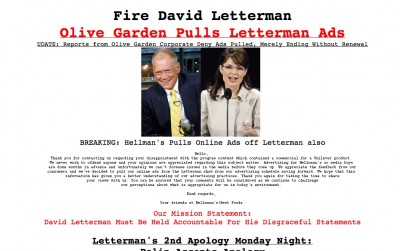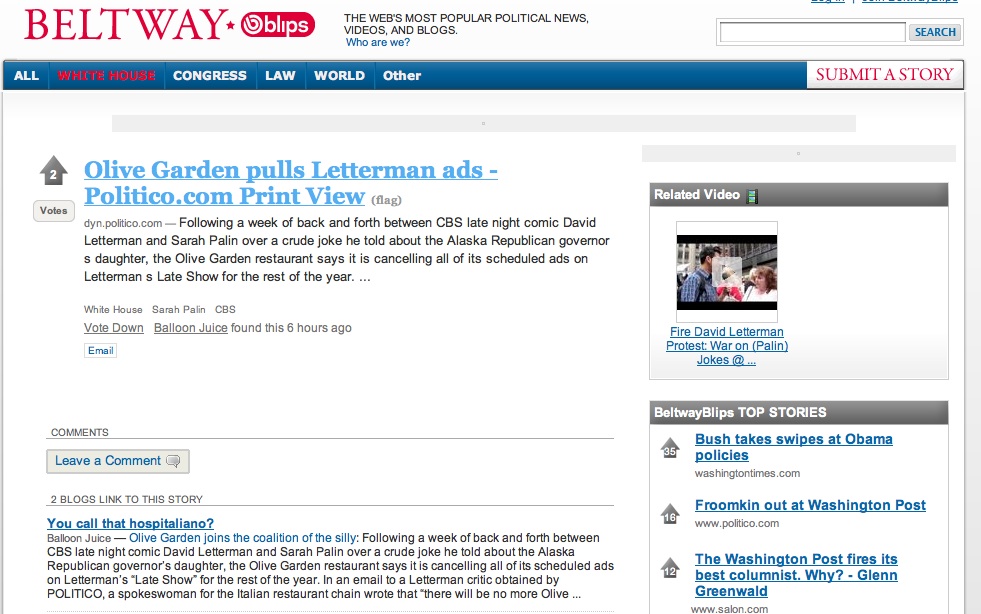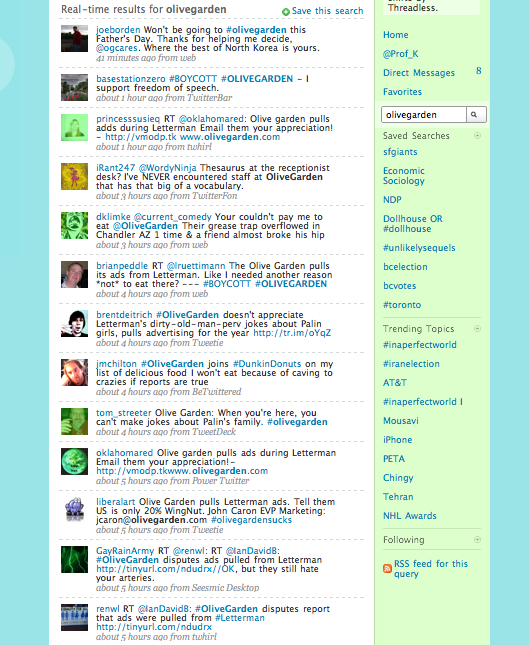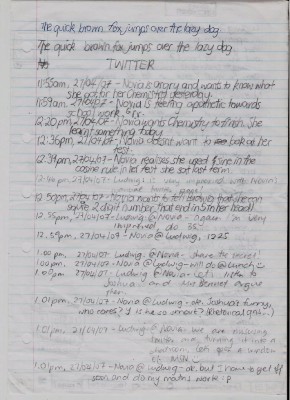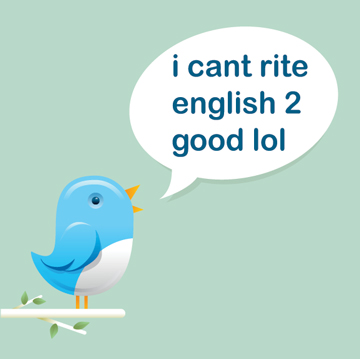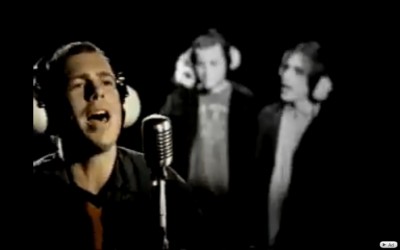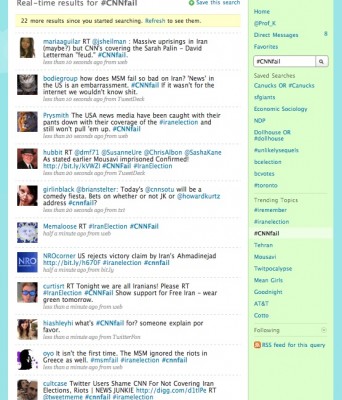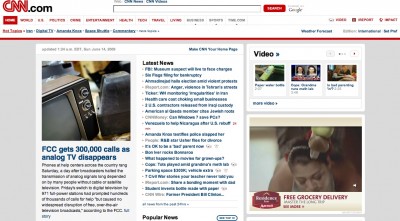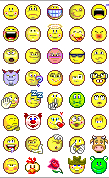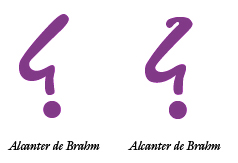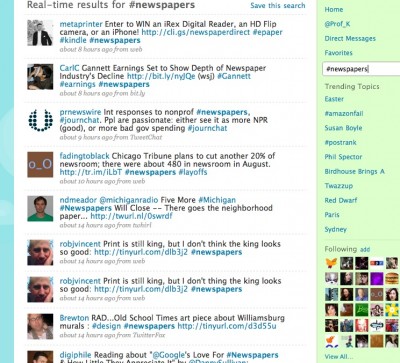
Crossposed on Rhizomicomm
McLuhan Way is just down the street from me, so perhaps it’s my inspiration. I remember reading Marshall McLuhan‘s Understanding Media over 14 years ago in a seminar on the Internet. The hot/cool media continuum perplexed many of us and some say technology has rendered the concept obsolete. In terms of hot/cool, where does the Internet stand?
- Hot media are high-definition. Media that fully-engages one sense of the audience member:: print {visual}, radio {sound}, film {visual}, & the photograph {visual}.
- Cool media are low-definition. Media that require more active participation from the audience member to interpret:: Television {visual with limitations in the 1960s}, telephone {sound of a relatively poor quality in the 1960s}, and comic strips {cheaply reproduced mass-entertainment}. The video game as a hyperreal construct, where the audience/player must fill in gaps of this representation of the real.
Reading is engaging in hot media and is a solitary experience. Reading, contrasted with speech, forces an isolating consciousness, perhaps one overly-immersed in the individual.
How does Web 2.0 fit into all of this? Well, new technologies trend towards the hot. The iPod engages us, bathes us in a bubble of sound of our choosing. What about this paradox? New technologies are higher-definition, engaging us more and more, but also allowing us to be interactive with others {social media}. Moreover, there is convergence of the technologies. The smartphone {MP3 player, telephony, Internet web surfing} is a stunning example of multisensory engagement that also allows us to communicate and share with others.
What happened? Is the singularity of media, where all media is converging, making it all lukewarm? The continuum is shrinking to a singular point, as in the multimedia experiences of the smartphone. Has technology sped up our communications, so that there is the appearance that time has folded upon itself. We read text or see a video and now we can immediately respond to others. We read a tweet from Twitter and immediately respond to it.
So, bear with me as I think out loud here. Let’s assume that media are approaching singularity. As you go up the cone, technologies converge and the user is collapsing hot/cold, engaging both simultaneously.
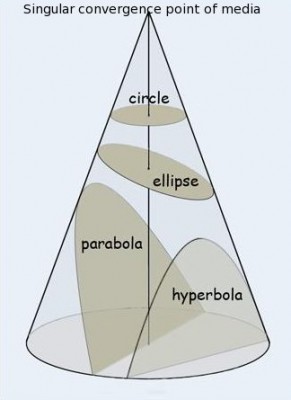
Let’s assume that at the circular base of the cone, along the diameter is the continuum from hot to cold. Perpendicular to that diameter is another continuum, the institutional semistructures, rigid {controlling} versus chaotic {open}. The base would have 4 quadrants, each with prototypical examples::
- Hot & Rigid- Old “big media” {print, radio, film, etc.)
- Hot & Chaotic- Engaging content in unstructured/uncontrolled databases
- Cool & Rigid- Newsgroups
- Cool & Chaotic- Synchronous unmoderated chat
The origin will be “lukewarm” and semi-structured. The origin is somewhat of a normative assumption. Individual user experiences may vary and may not even be contiguous. I know I need to refine these ideas and construct a better diagram. Nevertheless, I think this concept might be valuable in thinking about how people’s use of technologies is likely to evolve. Where would you put the following::
- Facebook {social networking site}
- Twitter {microblogging}
- YouTube {video filesharing}
- Hulu {long-form professional videos}
- Google {all things data}
Where are they moving towards -or- how could they better provide value? Of course, despite McLuhan being gone for quite a while, I half-expect this to happen to me::
Twitterversion:: Can #MarshallMcLuhan ‘s hot/cold continuum inform #socialmedia? #sociology #web2.0 http://url.ie/1wys @Prof_K
Song:: “Suspect Device” Ted Leo & the Pharmacists-lyrics


